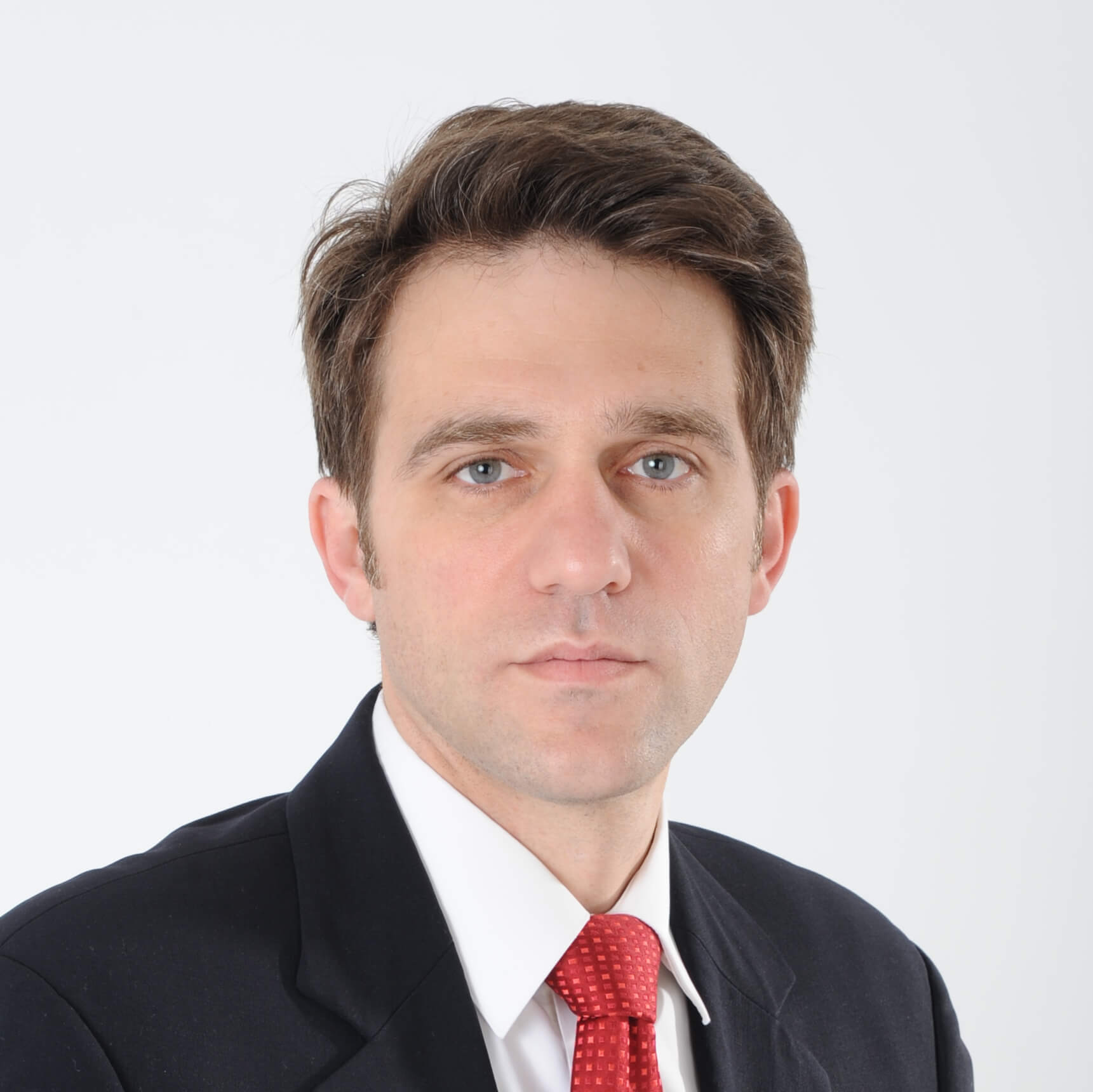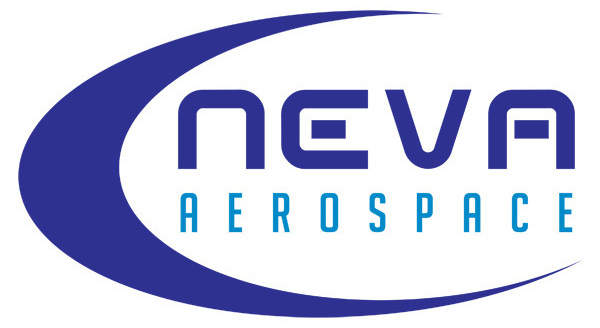
“The technology milestones that are now being reached are game-changing. Anyone who is serious about commercial UAVs has to stay ahead of the curve, and that inevitably involves collaboration.”
– Robert Vergnes
Learn more on: www.neva-aero.com
Meet Robert Vergnes – Chairman and co-founder of Neva Aerospace
Tell us something about your current position and your professional background.
As chairman of Neva Aerospace, Robert Vergnes is bringing Neva’s patented and sustainable technology into the emerging UAV market. His goal is the company’s success as a global leader in electric aviation and industrial robotics aircraft.
Robert brings to Neva’s consortium members and investors his broad expertise in international business operations. He is a strong believer in cross-collaboration, and in the consortium business model that he has adopted for Neva Aerospace.
He has worked in Europe, the former Soviet Union, Asia, and Africa. Sustainability is a key issue for Robert and he has served as an expert for the United Nations (for the UNFCCC). Working with ERM, the world’s leading sustainability consultancy, he served as Practice Leader for Energy & Climate Change for many years.
Robert studied Aerospace Engineering at IPSA in France, and holds a private pilot’s license and Business administration from HEC.
What are your perspectives on the UAS market?
We will see the widening dichotomy between low-tech hobby/camera drones and commercial vehicles working over longer distances, with longer flight times and with heavier payloads.
Overcoming technology barriers and regulation is now only a matter of time and we will see big changes in our lifetimes. The revolution in civil unmanned aviation will go much further than logistics, with UAVs doing the dull, dirty, dangerous or distant jobs.
What are the biggest challenges in UAV industry?
Safety issues for merging UAV and Commercial aviation regulations into the same airspace and allowing UAS into highly populated areas will be a challenge for the drone makers and the regulators. As well, finding investors who understand the B2B emerging drone market and have not been too disillusioned by the low-tech drone bubble will be another challenge.







